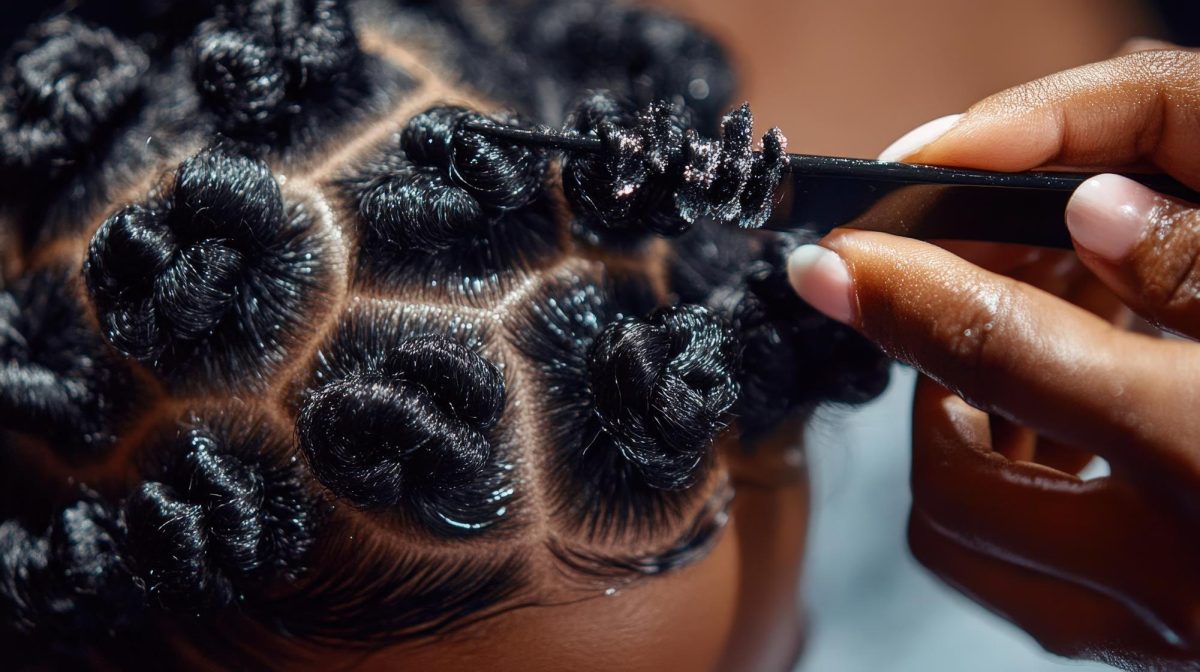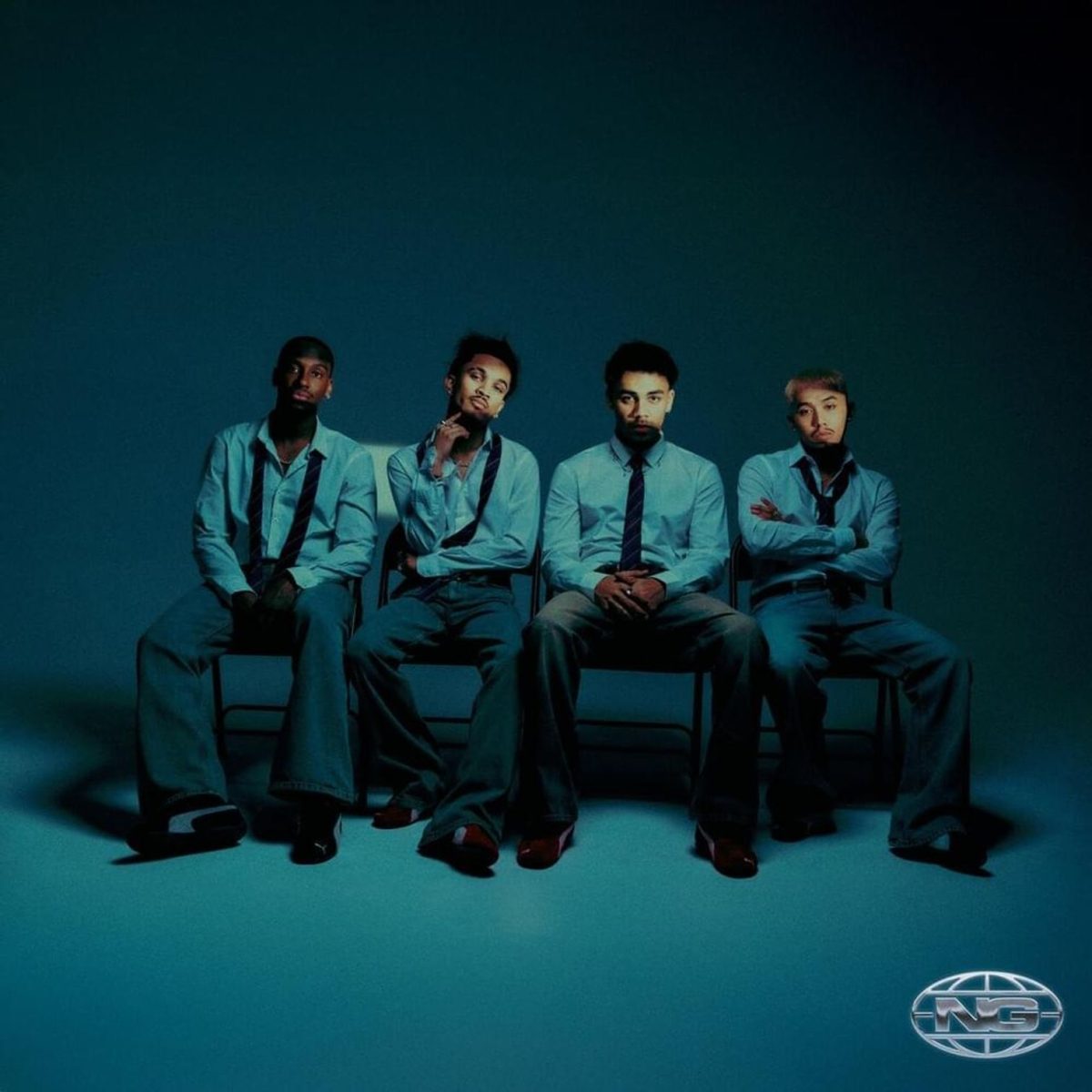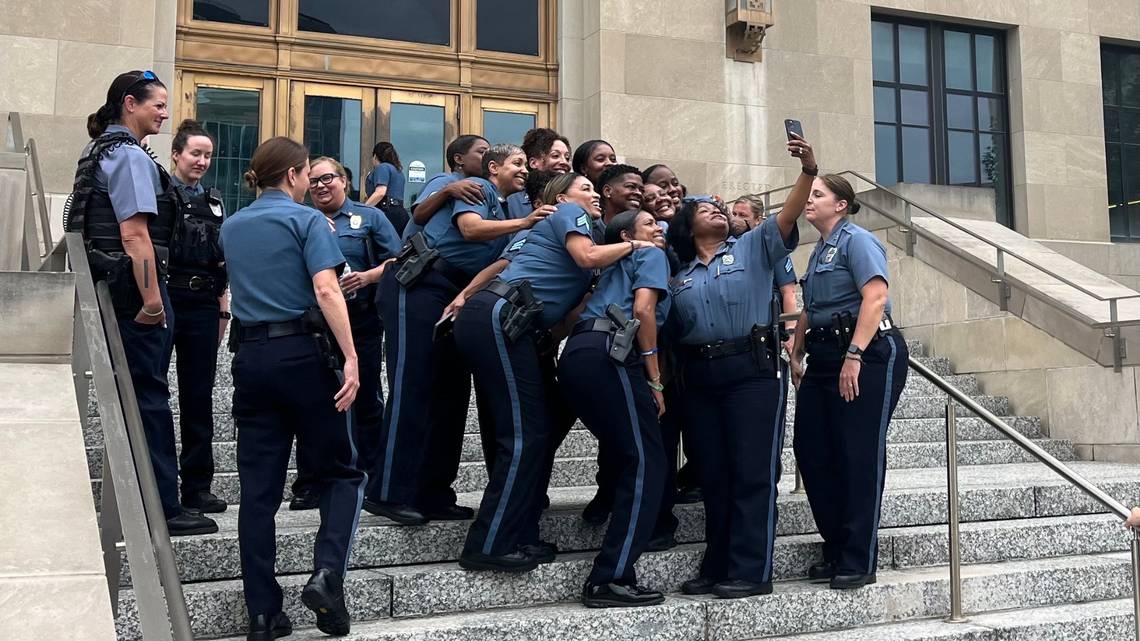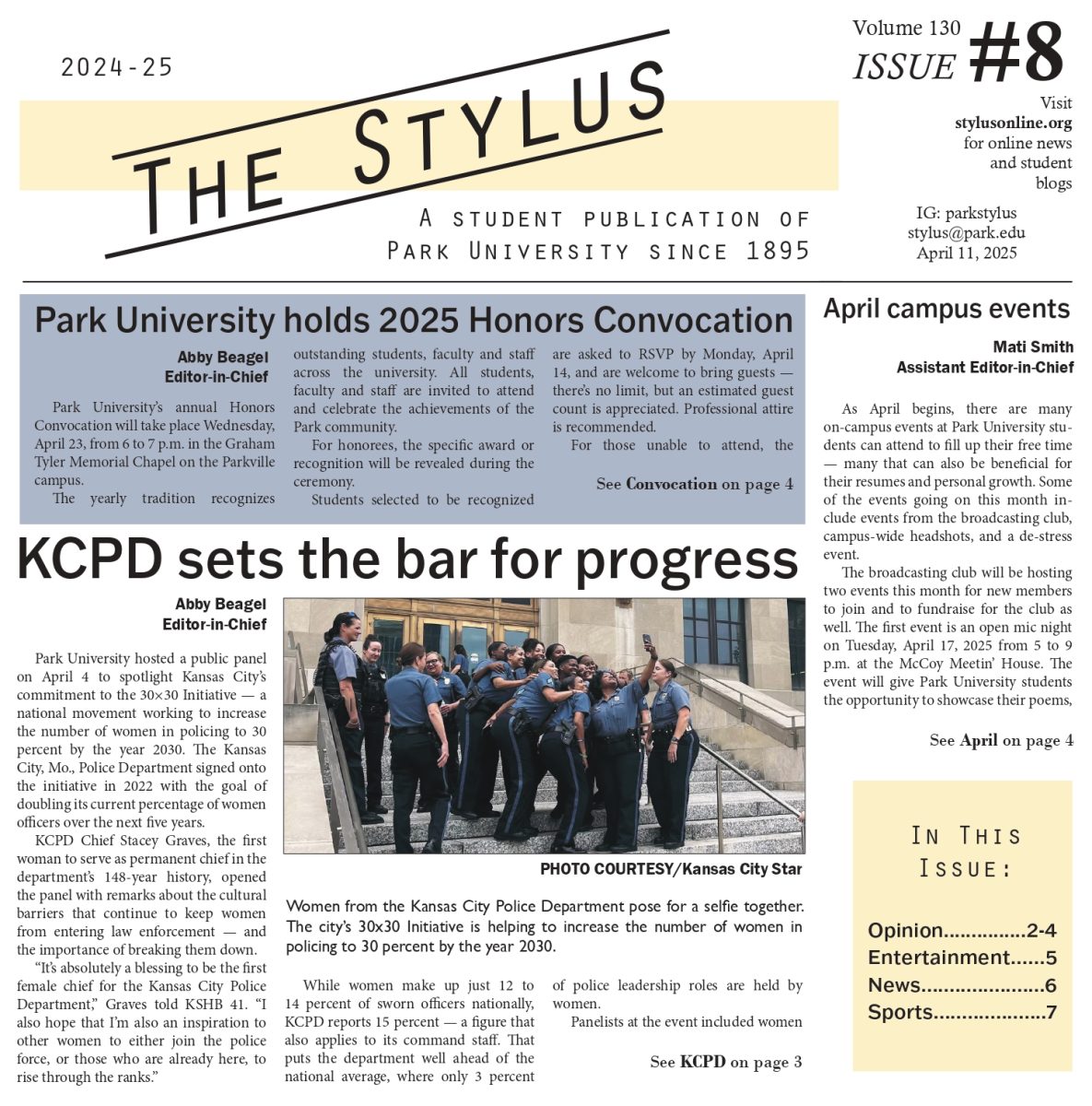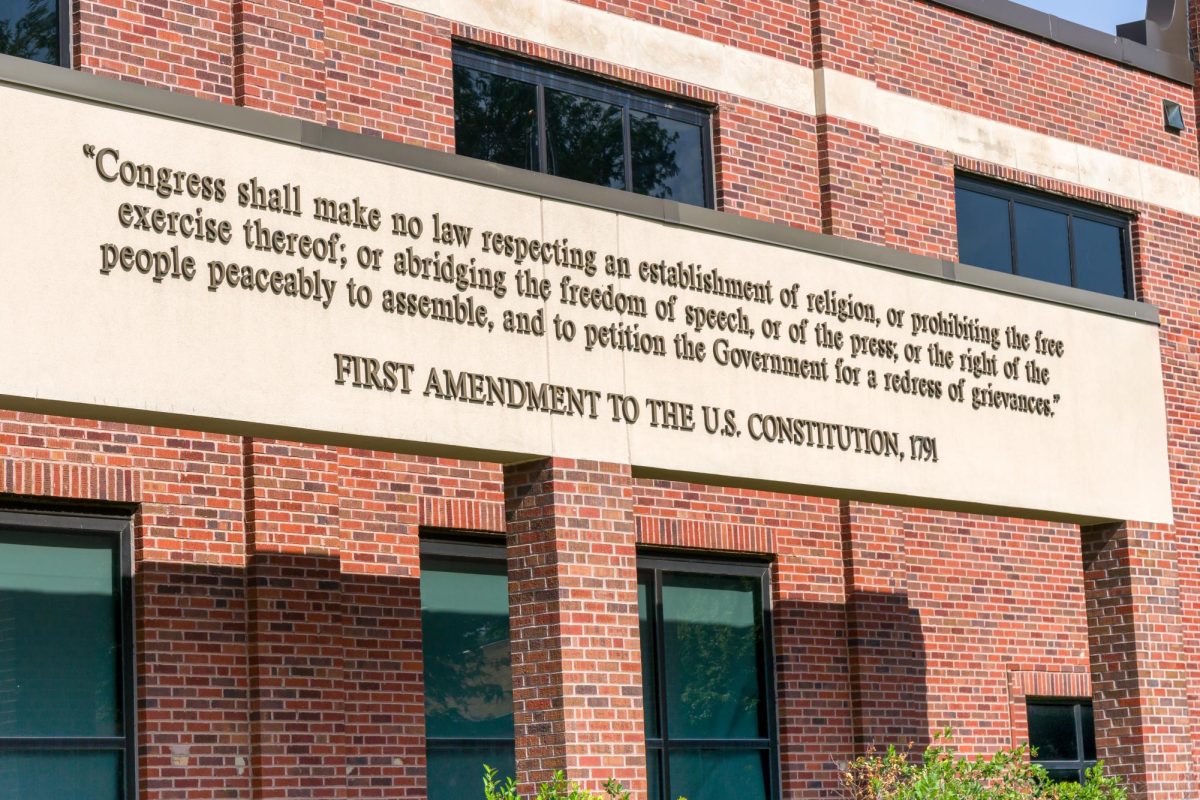One in six Gen Zer’s now use TikTok as a search engine, not just for entertainment but also for accessing clips of ‘informational’ content on an assortment of topics, including mental health? In this digital algorithmic age, self-diagnosis takes a dangerous turn when more than 83 percent of the mental health advice on TikTok is misleading. This pattern is especially prevalent among my generation, Gen Z, who often struggle to find affordable and accessible therapists. They turn to the platforms we love the most, where information is abundant, even if its accuracy remains questionable.
Samantha Fridley’s story serves as an important illustration of this trend. She was diagnosed with anxiety and depression at a young age, which prompted her to turn to social media, specifically TikTok, in her quest for mental health advocacy, motivation, and in a search for community. Samantha’s journey reveals the potential advantages of utilizing social media for mental health support, but it also casts a spotlight on the inherent risks.
“As you look through TikTok and as the algorithm strengthens, it turned into diagnosis and turned into other things like ADHD and borderline personality disorder and more depression and anxiety, it just got to a point where I was losing sleep because of it. I would be up until like three a.m. on TikTok, just like researching,” Samantha told CBS News.
In an email response to CBS News, TikTok explained that the “For You” feed tailors content to each user’s individual preferences. The system suggests videos based on a blend of factors, which includes the videos you engage with by liking or sharing, the accounts you follow, and the comments you post. If you give a like to videos regarding mental health, more will continue to appear.
This type of algorithm and the way it works can really make things complicated. Take Samantha and many others, for instance. They’ve found themselves bombarded with videos related to different mental disorders, which can sometimes feel like they’re playing doctor with incomplete information.
Everyday people, oftentimes members of Gen Z themselves, try to diagnose complex mental health conditions, such as in this popular category of videos- usually saying something along the lines of, “Signs you might have _____”, or “Things you didn’t realize were _____ traits”. It’s like getting medical advice from a friend who means well but isn’t a pro. TikTok’s algorithm, which usually serves us with videos based on our interests, might unintentionally steer us in the wrong direction, especially if we’re not careful.
Just because you occasionally exhibit some of these traits doesn’t automatically mean you have a rare or serious mental disorder. In fact, it’s quite the opposite — most of us will encounter these feelings and behaviors at some point. It’s just part of being human.
These traits are like colors in our emotional palette, and they don’t necessarily equate to a full-blown disorder. So, don’t stress if you relate to some of the symptoms mentioned in these videos. It’s far more common than you might think, and it doesn’t automatically label you with a severe condition. This is why it’s important to see a medical professional if you have mental health concerns.
Samantha Fridley had to go through a real digital detox to break free from the clutches of mental health influencers and self-diagnosis. She checked into a residential rehab for 56 days, putting some distance between herself and her phone and TikTok. Now, she’s still using the app, but her whole approach has done a 180. She changed her algorithm from mental health videos to more positive content she enjoys, like K-pop and comedy. Sometimes creating a new account to reset the algorithm is what’s necessary, or keeping the app deleted altogether. Samantha’s story is just one example of the generational outbreak of misleading mental health information on this platform.
Linden Taber, a school counselor from Chattanooga, Tenn., shared some critical insights to CNN. She pointed out that teens are still dealing with the fallout of the pandemic. To make matters worse, therapists and psychiatrists often have wait-lists that stretch for months, and let’s not forget the financial roadblocks that many young people face when trying to access mental health services.
Now, here’s where it gets interesting: Linden Taber noticed that teens are becoming more fluent in psychological terms. It’s like a small victory against the stigma surrounding mental health. But here’s the catch: while they’re talking the talk, they don’t always have someone to walk the walk with them. “I’ve seen an increase in psychological vocabulary among teens … and I believe this is a step in the right direction because as a society, we’ve decreased stigmatization,” she told CNN. “But we haven’t increased access to support. This leaves us, and especially teens, in a vacuum.” She emphasizes that when a student self-diagnoses based on information they’ve seen on the internet, especially TikTok, it often feels “like a sentencing … because there isn’t always a mental health professional there to walk them through the complexity of the diagnosis, dispel myths and misconceptions, or to offer hope.”
Less than ten percent of mental health content creators on the TikTok platform are even remotely qualified to give mental health advice, and just 1 percent of said videos contain a disclaimer that said content creator lacks qualifications. PlushCare’s 2022 study reviewed by HealthCity also found that more than 83 percent of all #mentalhealth videos were misleading, and 14 percent being not just misleading but potentially damaging.
So, what’s my take on all of this? I’m extremely concerned about the potential harm that can come from self-diagnosis on social media platforms like TikTok for our generation. While these platforms can be a source of introspection and connection, they should never be a substitute for professional medical advice. TikTok’s algorithm is not a replacement for a doctor, but a rabbit hole.
Misinformation is a significant challenge, especially when it comes to something as delicate as mental health. The line between personal experience and professional expertise can blur, and that’s where the problem arises. As much as we want to support each other, there’s a limit to what we can do without proper training.
In a perfect world, we’d hope these platforms would actively promote responsible content creation and keep a tight grip on moderation. But let’s face it, that’s not the reality quite yet.
So, what’s the game plan for us Gen Z? What we can do is control our consumption, and caution is the name of the game. Try mixing things up by resetting your content preferences. Binge on some feel-good posts because they can work like a charm. And, if it ever feels too much, don’t be shy to take a little breather from social media. It’s okay, and it can do wonders for your headspace. Like Samantha, a detox is sometimes necessary and nothing to be ashamed of.
Most importantly, if you or someone you know is struggling with mental health issues, always seek help from qualified professionals. Your mental health is far too precious to be left to chance or social media trends.





